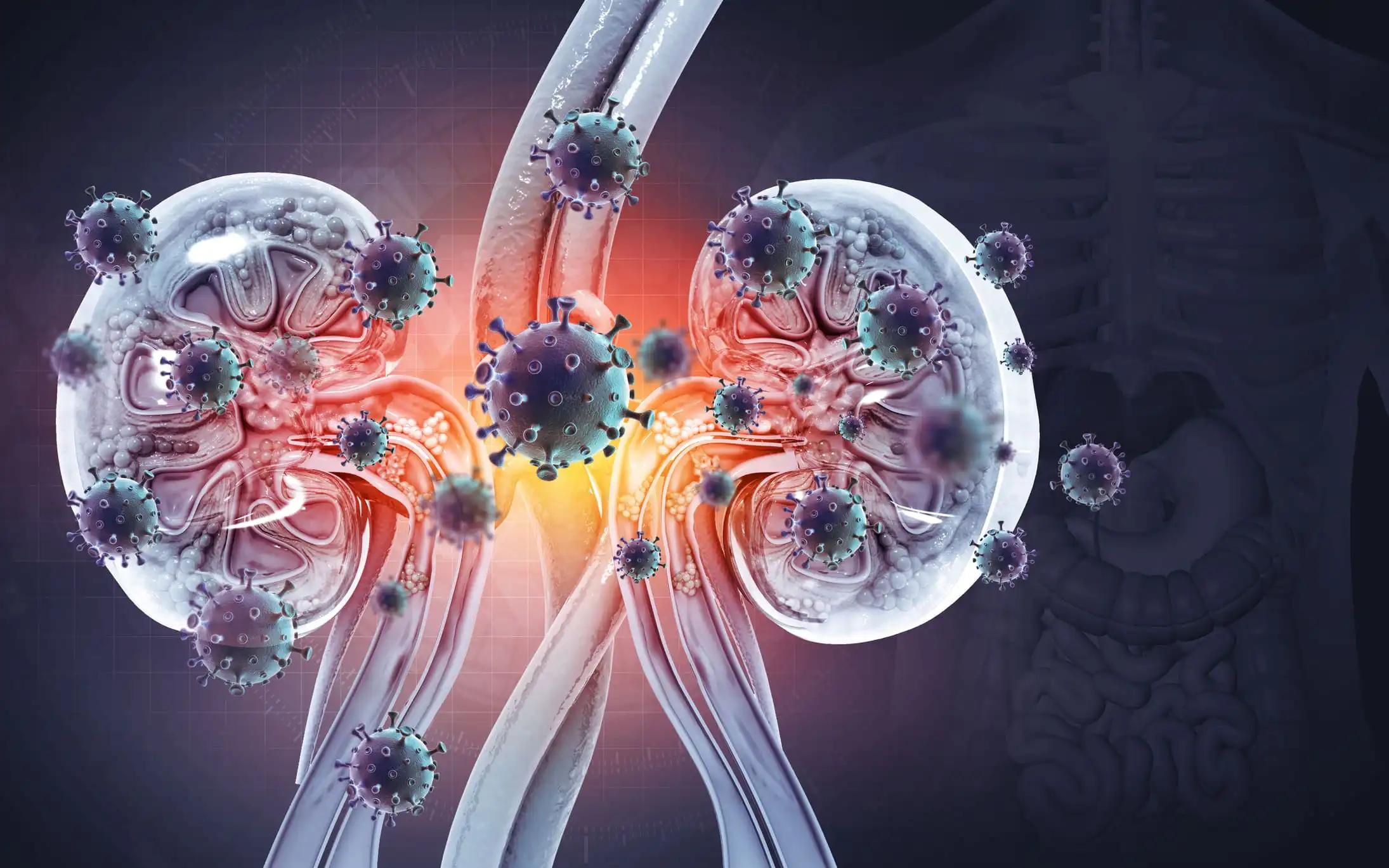KEY TAKEAWAYS
- Phase 3 S-TRAC trial aimed at demonstrating the efficacy of Sunitinib and comparing it to that of placebo in treating RCC by identifying and targeting the MERTK and TDO2 and limiting the tumor growth and immune evasion.
- The trial used multigene assays to provide information on the underlying biology of cancer and its recurrence.
- It was demonstrated that Sunitib was clinically significant in preventing the recurrence of RCC than placebo.
- Other factors, including the immune system and tumor environment, are crucial to prevent a recurrence.
Phase 3 of the S-TRAC trial was conducted on over 650 participants as a two-arm, double-blind study into the efficacy of Sunitinib as a treatment for patients at high risk of recurrent RCC. Sunitinib is a targeted therapy that inhibits the activity of specific tyrosine kinase receptors, including receptors for a vascular endothelial growth factor (VEGF) and platelet-derived growth factor (PDGF).
Multigene assays (MGAs) are a type of genomic test that analyzes the expression of multiple genes simultaneously to provide information about the underlying biology of cancer and the likelihood of its recurrence or response to treatment. They use advanced technology to analyze the activity of many genes and generate a tumor’s genomic profile. They can offer an understanding of important biological processes and prognostic data to direct the creation and choice of adjuvant cancer treatment.
This trial presented a thorough genomic and transcriptomic study of tumor samples from 171 S-TRAC experiment patients at high risk of developing recurrent renal cell carcinoma (RCC) after nephrectomy. It was demonstrated that STRAC11 is one of the gene expression signatures (derived from the sunitinib-treated population). Furthermore, these gene expression signatures will likely be both prognostic and predictive of the anti-angiogenic effect in the adjuvant setting due to the overlap in key components captured in them, which include genes representative of the tumor stroma microenvironment, regulatory T cells, and myeloid cells.
The identification of Mer proto-oncogene tyrosine kinase (MERTK), also known as c-mer, a receptor tyrosine kinase (RTK) that plays a crucial role in regulating various cellular processes, primarily expressed in cells of the retinal pigment epithelium (RPE), macrophages, dendritic cells, and some tumor cells, and TDO2 (Tryptophan 2,3-dioxygenase), an enzyme that catalyzes the initial and rate-limiting step in the kynurenine pathway and is overexpressed in tumor cells by playing a role in promoting tumor growth and immune evasion, as possible therapeutic targets for the treatment of adjuvant renal cell carcinoma is also suggested by these signatures.
Finally, although anti-angiogenic adjuvant treatment may be crucial, it may not be enough to stop recurrence, and other elements like the immune system and the tumor environment may be more crucial.
Source:https://www.ncbi.nlm.nih.gov/pmc/articles/PMC9550765/
Clinical Trial: https://clinicaltrials.gov/ct2/show/NCT00375674
Motzer, R. J., Martini, J. F., Mu, X. J., Staehler, M., George, D. J., Valota, O., Lin, X., Pandha, H. S., Ching, K. A., & Ravaud, A. (2022). Molecular characterization of renal cell carcinoma tumors from a phase III anti-angiogenic adjuvant therapy trial. Nature communications, 13(1), 5959. https://doi.org/10.1038/s41467-022-33555-8



